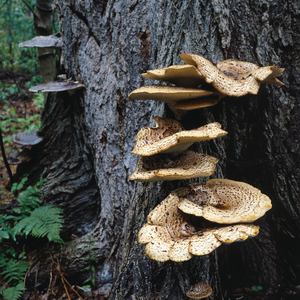Mold, Dampness and Depression

It matters where you live.
I have lived or stayed in many countries, and there is no doubt that some places are a lot more congenial than others. I don’t just mean a beach in Thailand compared with the North of Scotland in winter. Some places just make you feel better. There are many physical, psychological, social and subtle reasons, but here is a relatively new one.
There is an important paper in this month’s issue of the American Journal of Public Health looking at the possibility of a link between dampness and mold in the home and clinical depression.
Molds are fungi that are found in many environments but most of them grow best in warm, damp, and humid conditions. Therefore, dwellings that have problems with damp also commonly have problems with mold. Although the physical health consequences of living in a damp and moldy dwelling are quite well known, the effect of living in such an environment on mental health has not.
Some of the known health problems associated with high levels of airborne mold spores include:
- Allergic reactions
- Asthma
- Irritations of the eyes, nose and throat
- Sinus congestion and other respiratory problems
- In people with with weakened immune systems, inhaled mold spores may germinate, attaching to cells along the respiratory tract
- Immunocompromised individuals exposed to high levels of
mold may get a systemic fungal
infection - Infections of the digestive tract, lung and skin
The researchers used survey data from 8 European cities. They created a dampness and mold score from resident- and inspector-reported data. Depression was assessed using a validated index of depressive symptoms.
The results showed that dampness and mold were associated with depression, independent of individual and housing characteristics. This association was independently mediated by perception of control over one’s home and by physical health.
This link is most likely because of the psychological and physiological consequences of living in poor housing conditions. But there could also be a direct pathological effect of mold itself.






